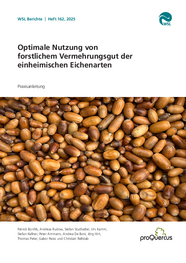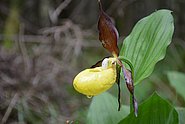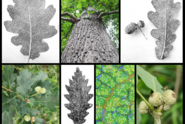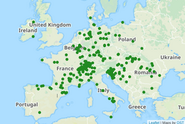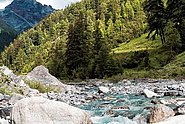
Genetic diversity and conservation genetics ¶
Genetic diversity is central to the long-term survival of any species. We research ecological processes in populations of fungi, plants and animals using genetic methods, and complement these with experimental studies.
Contents ¶
Which organisms occur in a given habitat? How do alpine plants adapt to changing environmental conditions? How do roads affect the dispersal and connectivity of populations? How does inbreeding affect rare species? Answers to these questions can be found using genetic methods.
Among other things, we use environmental or eDNA to monitor habitats or detect rare species. Because genetic material from animals, fungi or plants is everywhere, in the air, in the water, in the soil. WSL's eDNA laboratory is specially equipped for such investigations. To be able to collect samples of eDNA even in "inaccessible" habitats, we use state-of-the-art equipment such as specially developed drones.
In our research, we focus on species which play an important role in the ecosystem or which are rare or endangered in Switzerland or abroad. Our findings form the basis for the planning and implementation of conservation and species protection measures, as well as for silviculture.
Related topics ¶
Contact ¶
Research units:
Research groups:
